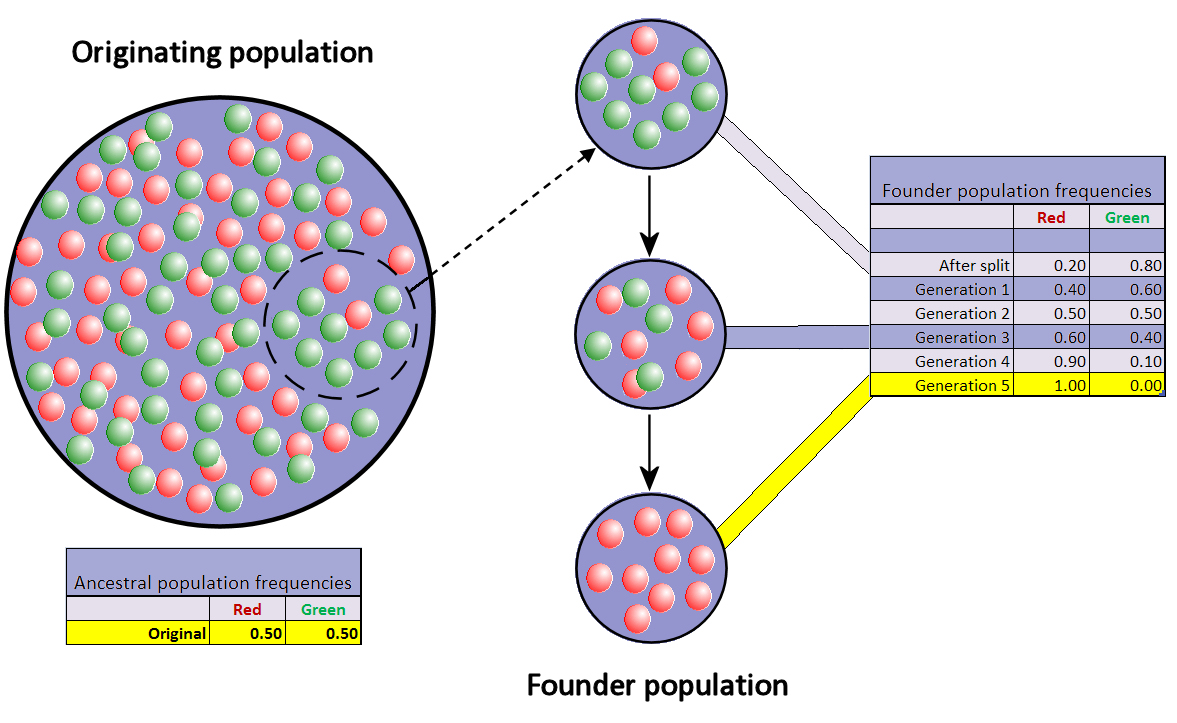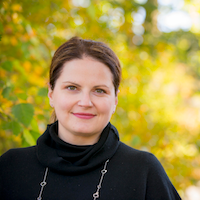As in parts 1 and 2, we’re having a roundtable discussion about Joseph T. Spadafino’s “Americans’ Unwillingness to Accept Evolution En Masse Is a Failure of Science Education,” posted at (although later withdrawn from) the Huffington Post. Joining me are Ian Binns (elementary science educator and researcher), Amanda Glaze (scientist/science educator and NCSE guest blogger), Chris Lynn (associate professor of anthropology and director of the evolutionary studies minor at the University of Alabama), Caitlin Schrein (evolutionary anthropologist, science writer, and former teacher), and Adam Shapiro (author and historian of science). As promised, Amanda Glaze is now going to wheel out the literature.
Amanda Glaze: I want also to challenge the author’s flawed assumption that if we can just tell students all of the details regarding evolution, they will accept it. Whether undergrads or grade school students, knowledge is not the same as acceptance. Decades of research shows that there is a gap in acceptance of evolution between the public and the scientific community and that the gap can’t simply be filled by cramming students with facts. That is of course a counterintuitive result. In almost any other subject area, the more you know the more likely you are to be okay with something on a personal level. The more you know about photosynthesis, the more evidence you are exposed to, the more likely you are to accept it. This is not true with evolution. I think a lot of people overlook just how powerful cultural, social, and religious underpinnings are when it comes to any topic that contradicts those underpinnings, which are part of a person’s worldview and even to their own conception of themselves.
We have all seen in our studies and in others’ that teachers and students who know enough about evolution to be considered proficient with the content at a basic level (think high school or intro biology), may reject evolution because of the conflict they feel with their worldview. Similarly, we have seen people who accept evolution outright but know very little about it. Evolution is such a polarizing issue for some people that evolution education cannot be reduced to something so simple as “just throw more facts at them.”
Chris Lynn: One of the things that jumps out at me consistently in these beating-people-over-the-head-with-science-like-it’s-a-baseball-bat approaches is how important scientists tend to think the details of evolution are. Are the patterns and processes of evolution important in and of themselves? Or is it really that certain issues can only be fully understood from an evolutionary perspective? Bill Nye gave a lecture at the University of Alabama last year called “The Importance of Evolution Education” and spent most of it talking about climate change. Many of the biologists I know were unimpressed because Nye didn’t spend any time talking about the details of evolution—I guess they want to hear more about genes or epigenomes or natural  selection or genetic drift. Understanding how these work provides deeper appreciation, to be sure, but superficial appreciation is better than no appreciation. I enjoyed Nye’s talk because he clearly conveyed why evolution is important (which I commented on in Tweets here). For example, to understand climate change and global warming, it’s important to recognize the evidence that indicates the Earth is way more than 6000 years old. Or—and he literally left our talk for 15 minutes to talk to MSNBC on air about this—it’s important to understand the evolutionary basis of life to appreciate why finding evidence for water on Mars is important. Nye’s big-issue orientation might help explain why students really seemed to love his talk. I was following the Twitter commentary, and students commented that they were creationists but that they appreciated the opportunity to hear such a wonderful and thought-provoking speaker. I am the director of University of Alabama’s Evolutionary Studies program, but I am not convinced that it is necessarily important that everyone should understand how evolution works. Sometimes, the best form of communicating is just through a really great, metaphoric story.
selection or genetic drift. Understanding how these work provides deeper appreciation, to be sure, but superficial appreciation is better than no appreciation. I enjoyed Nye’s talk because he clearly conveyed why evolution is important (which I commented on in Tweets here). For example, to understand climate change and global warming, it’s important to recognize the evidence that indicates the Earth is way more than 6000 years old. Or—and he literally left our talk for 15 minutes to talk to MSNBC on air about this—it’s important to understand the evolutionary basis of life to appreciate why finding evidence for water on Mars is important. Nye’s big-issue orientation might help explain why students really seemed to love his talk. I was following the Twitter commentary, and students commented that they were creationists but that they appreciated the opportunity to hear such a wonderful and thought-provoking speaker. I am the director of University of Alabama’s Evolutionary Studies program, but I am not convinced that it is necessarily important that everyone should understand how evolution works. Sometimes, the best form of communicating is just through a really great, metaphoric story.
SK: That makes me a little uneasy, but I do understand what you’re saying. I think there are times when the why is more important than the how. However, I’m unwilling to suggest that the how isn’t important full stop...but maybe that’s not what you’re saying. Maybe you’re saying that sometimes, the how isn’t as important?
Caitlin Schrein: When interviewing undergraduate students about their experience learning about evolution, I found that they really wanted to understand the how. It was important for them to see, know, and understand the evidence and process. Overwhelmingly, the students used the word “logical” to describe their thoughts and feelings about evolution when they recalled learning about the evidence and mechanisms. Many students remarked, “It makes sense.” For the students who didn’t have the how, it was harder for them to wrap their minds around the concept of evolution, which, when you really think about it, is mind-blowing!
CL: Yes, of course the “how” is important—but the “why” can be a better place to start. What we have to strive for as a result is helping everyone understand evolution regardless of what their worldview happens to be, which requires depth of understanding and a level of finesse on the part of those teaching.
Coming up in part 4: Ian Binns addresses the issue of teacher training and monitoring.
Are you a teacher and want to tell us about an amazing free resource? Do you have an idea for a Misconception Monday or other type of post? Have a fossil to share? See some good or bad examples of science communication lately? Drop me an email or shoot me a Tweet @keeps3.

